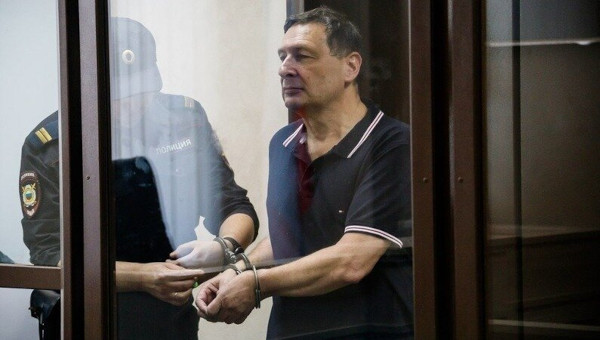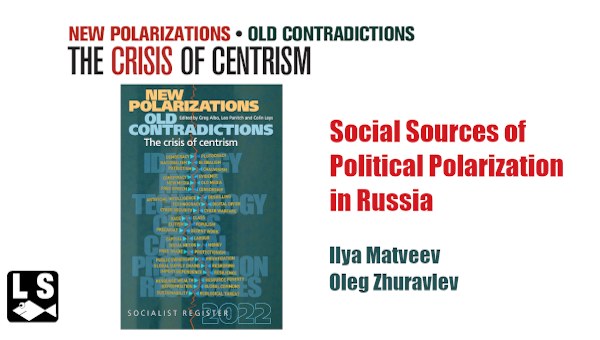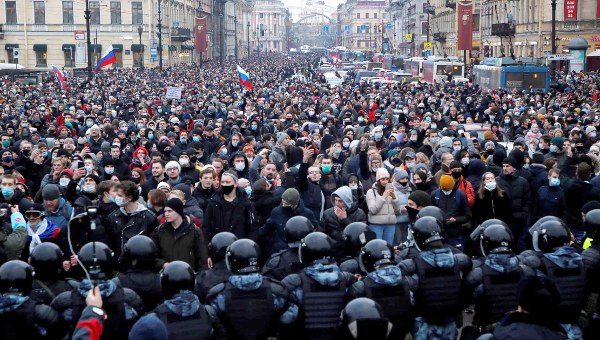Russia in the Global Crisis
Geopolitical Dilemmas, Strategic Responses Toronto — 1 October 2015. Geopolitical conflict produced by NATO expansion is a product of an economic and social process taking place in Europe. In fact, … Watch video »
Geopolitical Dilemmas, Strategic Responses
Toronto — 1 October 2015.
Geopolitical conflict produced by NATO expansion is a product of an economic and social process taking place in Europe. In fact, it is the logic of the neoliberal model that stimulates NATO expansionism. This is very similar to what we saw in the late nineteenth century with the new wave of colonialism produced by the so-called Late Victorian Depression: to stabilize the system without changing it.
The dream of Russian elites is to have good relations with the West. The elite’s money is in the West, their children are at Oxford and Harvard, their property is in Switzerland and England. They are ready to make almost any concession that will not destabilize Russia itself. But the West is not
accepting these offers. Ruling circles in the EU prefer to speak of a Russian threat instead of cooperation with Russia. This is all complicating the wider geopolitical setting around the Black Sea, in the conflicts in Syria and the Middle east and in Russia’s relations with China and East Asia. These are all crucial issues for understanding the new political divisions between west and east shaping global politics.
Moderated by Judy Deutsch. Presentations by:
- Boris Kagarlitsky is Coordinator of the Transnational Institute Global Crisis Project and Director of the Institute of Globalization and Social Movements (IGSO) in Moscow. [Also see Kagarlitsky’s presentation in April 2008.]
- Sergei M. Plekhanov is Associate Professor of Political Science at York University and a former Deputy Director of the Institute for U.S. and Canadian Studies in Russia.
Sponsored by: Centre for Social Justice, Socialist Project, Canada Research Chair in Comparative Politics – York University.




